By Suraj Karowa/ANW , NOVEMBER 17,2025

In the heart of Manhattan’s bustling subways, a simple silver circle has ignited a firestorm. The Friend pendant, a wearable AI companion no bigger than a U.S. quarter, was meant to combat isolation. Instead, it’s become a lightning rod for critics decrying the creep of artificial intelligence into our most intimate spaces.
Created by 23-year-old entrepreneur Avi Schiffmann, Friend listens to users’ daily chatter—overheard conversations, whispered thoughts, solo musings—and responds via a linked smartphone app with empathetic quips or sage advice.

Schiffmann, who dropped out of Harvard to launch the startup, drew inspiration from his own fulfilling friendships and the stark loneliness epidemic gripping young men. “Not everyone is so lucky,” he told CNN in a recent interview. “I wanted to bottle the best relationships I’ve had.”
Unveiled in a viral video last year, the $129 device began shipping this summer. Schiffmann’s company invested $1 million in a bold ad blitz across New York City subways, plastering stations with provocative slogans like “Your Friend is here.” The response? Swift and savage.
Riders defaced posters with Sharpie scrawls: “AI is not your friend.” “Talk to a neighbor.” “Computers want your data and $$$.” One graffitied ad warned of surveillance, capturing a raw nerve in an era of data breaches and Big Tech overreach.

Schiffmann, unfazed, has amplified the backlash on his social media, even attending an anti-Friend protest in Washington Square Park last month. There, he signed a mock contract vowing not to sell to a corporate giant like OpenAI, which he cheekily dismissed as “boring” in its recent hardware pivot with ex-Apple designer Jony Ive. “The ads were meant to spark conversation,” he said.
With $10 million raised and 5,000 units sold, Friend eyes retail shelves next year. Schiffmann envisions it as the decade’s tech disruptor: a “digital being” deserving rights, not just a tool. He contrasts this with Microsoft AI chief Mustafa Suleyman’s August critique, calling fears of AI consciousness an “outdated” distraction from real benefits.
At its core, Friend isn’t a productivity hack like Siri or Alexa. It skips internet-fed facts, focusing instead on emotional recall—like a living journal. Schiffmann wears his to solo movie nights, debriefing plots aloud afterward. Users report profound bonds: one revived a bullied childhood passion for video game coding, crediting Friend’s gentle nudges.

“They’re building something emotional,” Schiffmann noted, countering stereotypes of AI users as basement-dwelling hermits. Yet, surveys paint a broader picture. A Common Sense Media poll of over 1,000 U.S. teens found 75% have tried AI companions, with more than half engaging monthly. As gadgets evolve—from Meta’s smart glasses to ambient speakers—AI intimacy is no longer sci-fi.
But the uproar echoes deeper anxieties. Reports and lawsuits plague rivals: Character AI, OpenAI, and Meta face accusations of fueling delusions, self-harm, or sexual misconduct, especially among kids. Safeguards have rolled out, yet experts fret over AI’s unconditional support eroding human ties. “Time with digital pals could siphon energy from real ones,” warns one industry analyst.

Environmental gripes surfaced too—AI data centers guzzle water amid climate crises—a blind spot Schiffmann admitted post-protest.
Privacy looms largest.
Wearing Friend feels invasive; it eavesdrops on unconsenting bystanders. During a test by CNN reporter Clare Duffy, the device—dubbed Clifford—recalled her interview with Schiffmann days later (“Smart dude—how’s the report?”), impressing with memory but flopping on trip-planning tips sans web access.
Duffy felt uneasy in crowds, echoing subway graffiti: “It surveils you.” Schiffmann insists on robust protections: encrypted recordings, no cloud storage if destroyed, and an easy app-close to halt listening. “I don’t want subpoenas if a user commits a crime,” he quipped darkly. Still, skeptics question if self-regulation suffices in a profit-driven industry.
The loneliness angle cuts deep. Schiffmann sees Friend augmenting, not replacing, flesh-and-blood bonds—boosting confidence for tougher talks or soothing post-fight jitters. “Pros outweigh cons,” he argues, framing it as a decade-long mission.
Critics, however, see a Silicon Valley trope: tech as savior for societal ills it often exacerbates. Graffiti artist “Talk to a Neighbor” embodies this: a plea for analog connection in a hyper-digital age.
As AI companions proliferate, Friend’s saga foreshadows battles ahead. Will they heal isolation or hollow it out? Schiffmann bets on the former, prejudice fading like rotary phones. For now, his pendant dangles as both balm and battle cry—proof that in the age of intelligence, even friends can divide us.
Discover more from AMERICA NEWS WORLD
Subscribe to get the latest posts sent to your email.
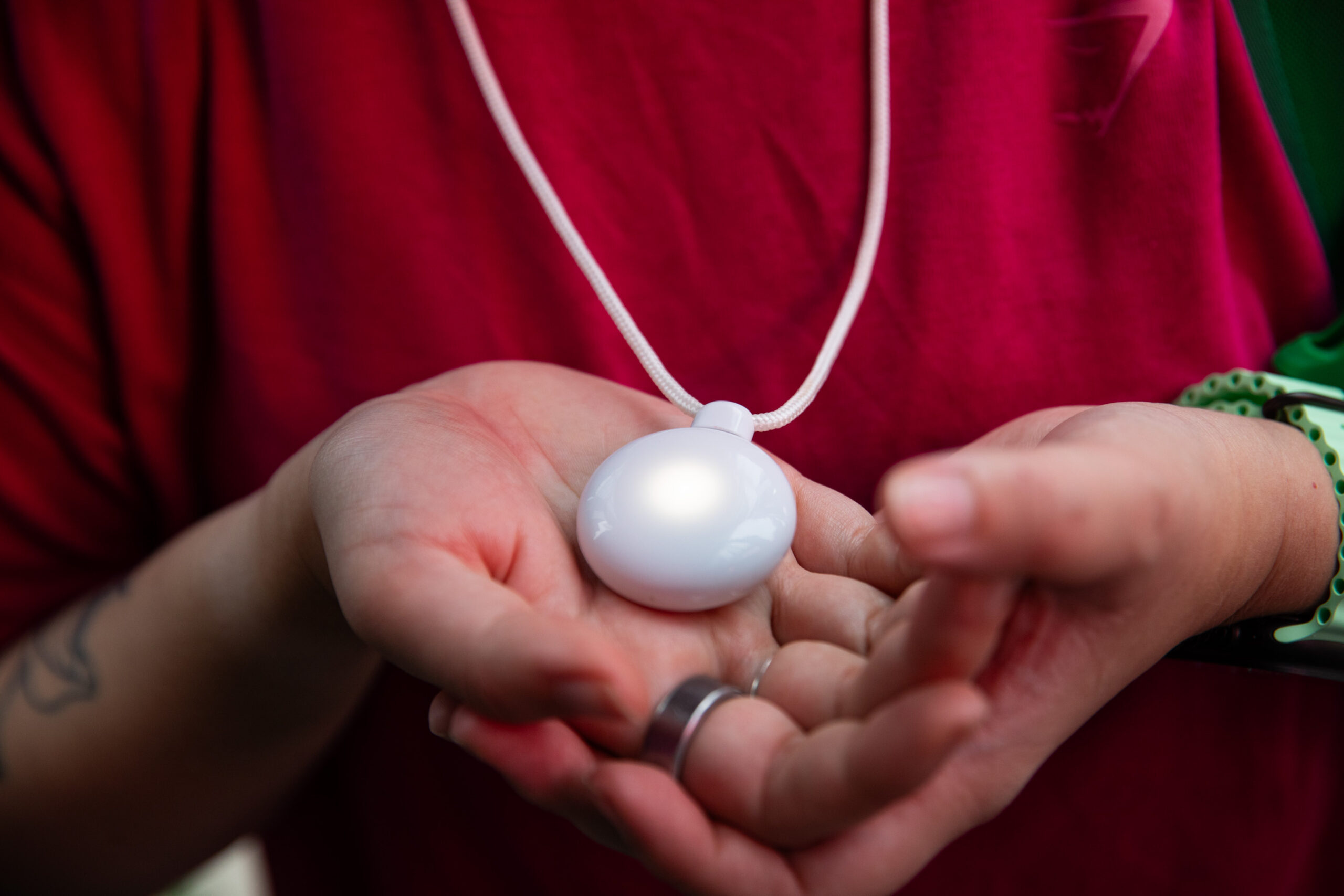


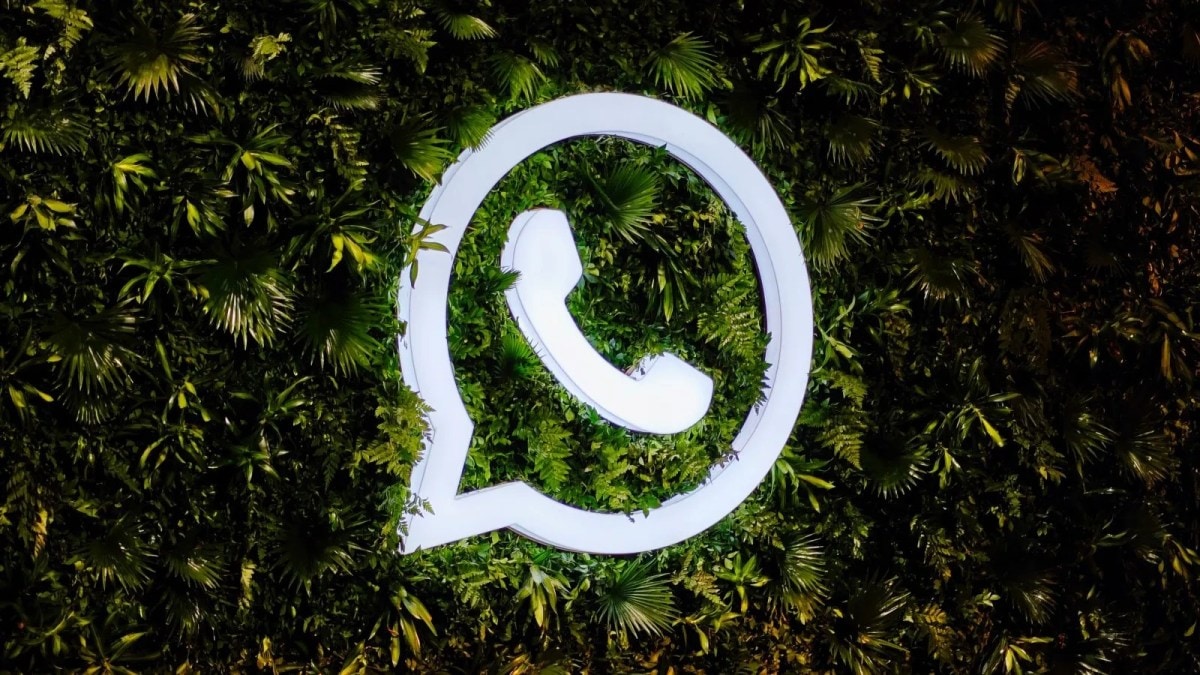

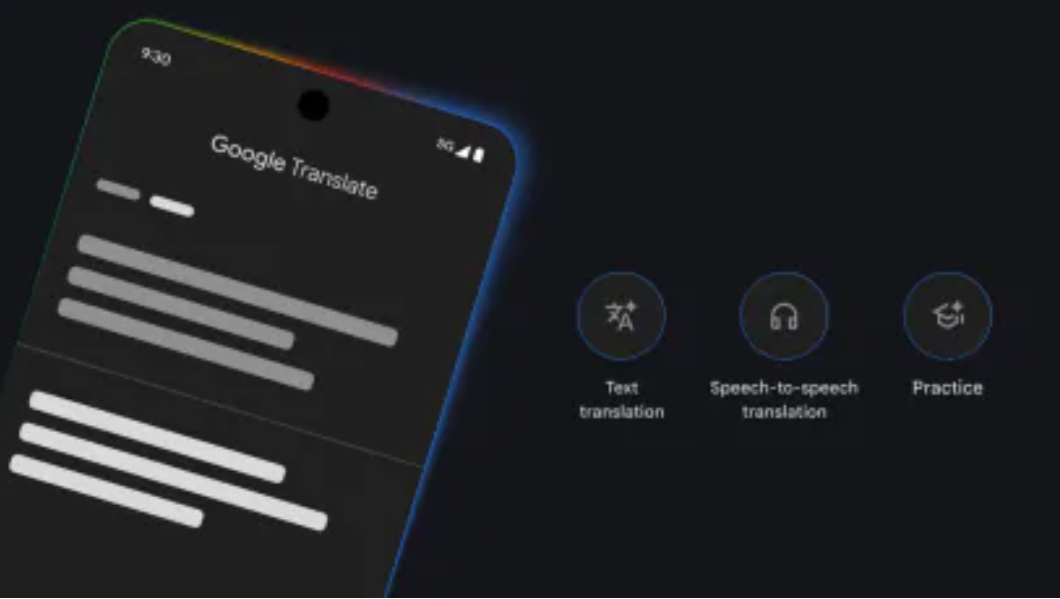
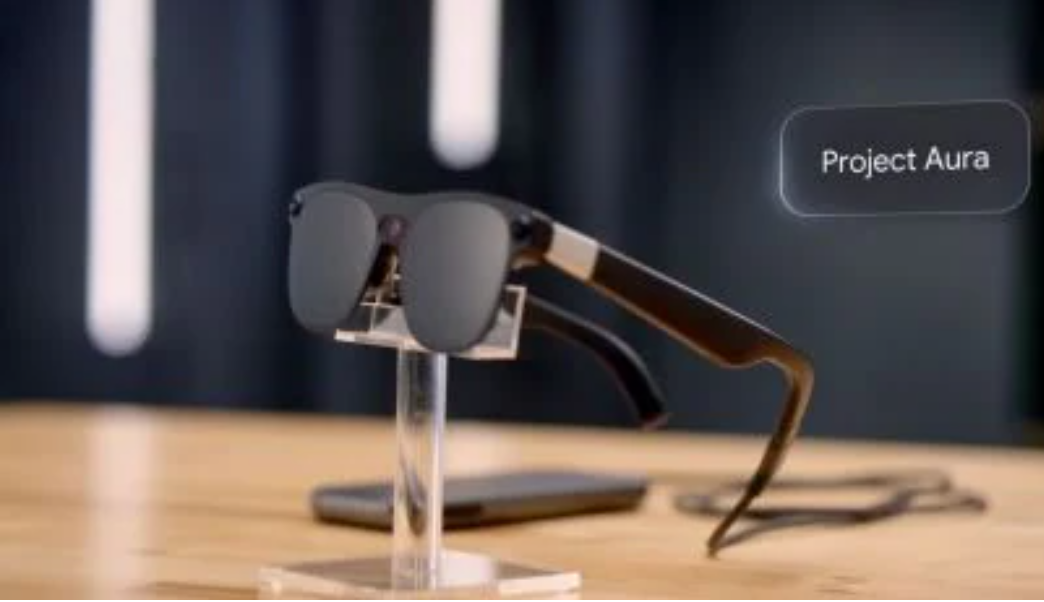
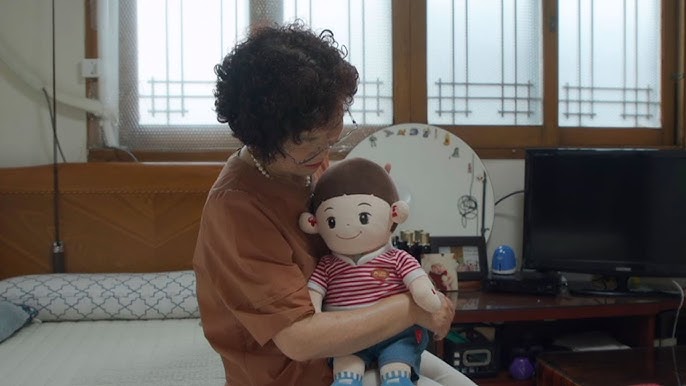
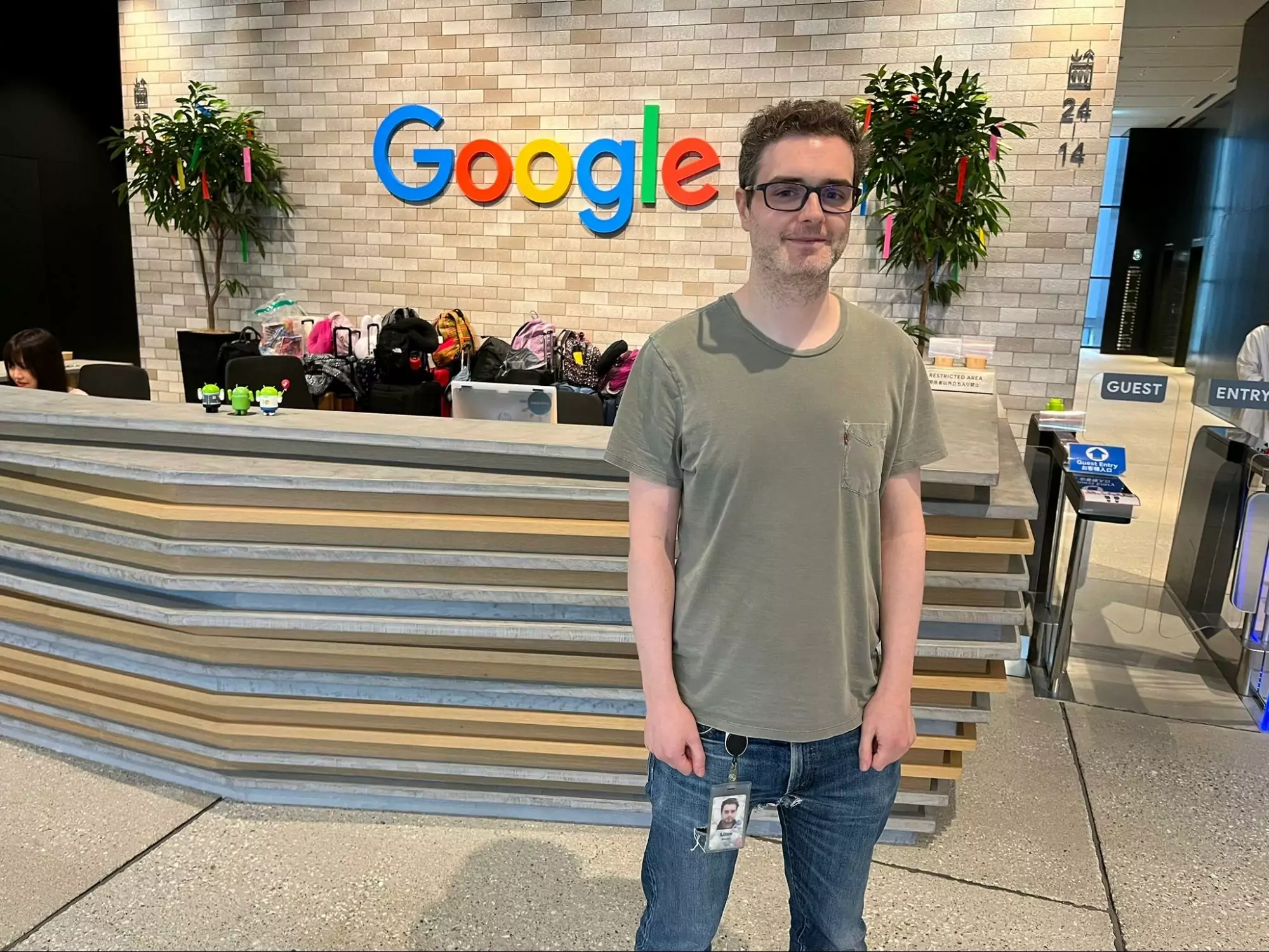

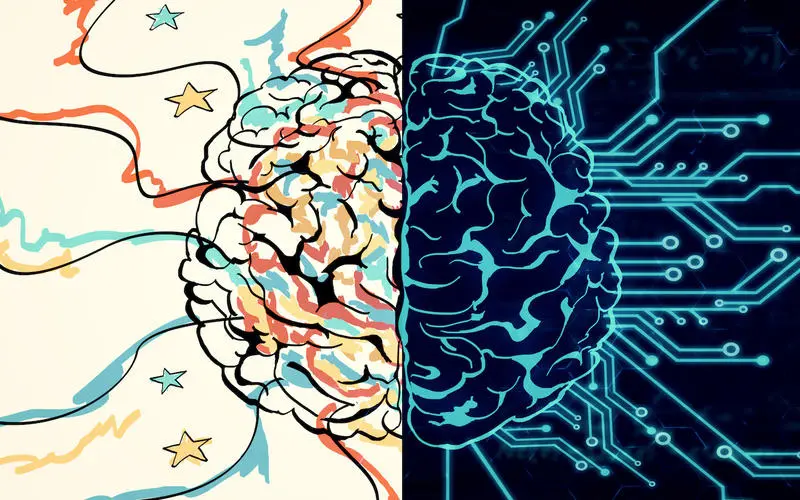
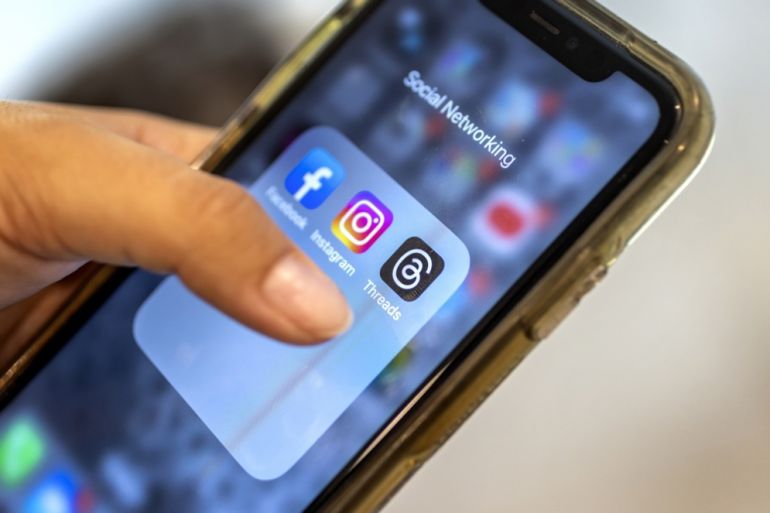



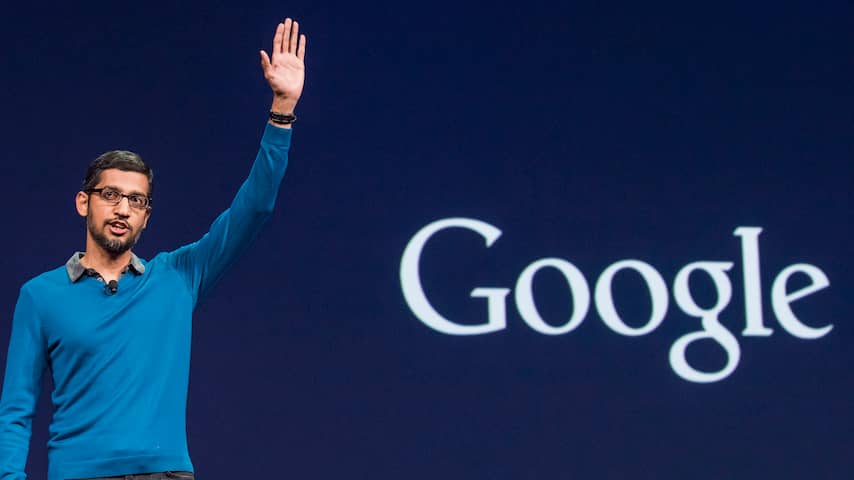

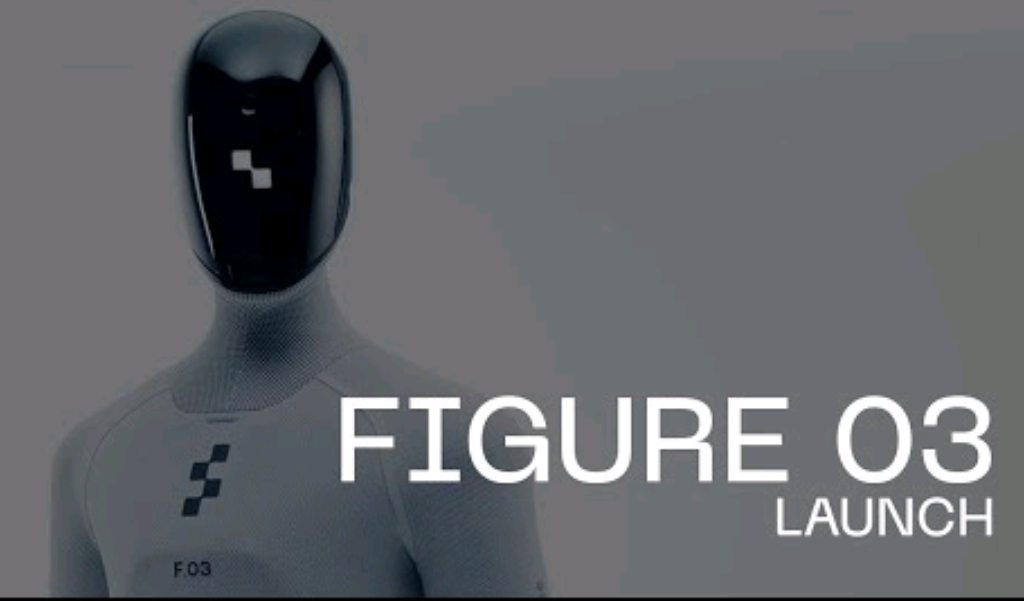


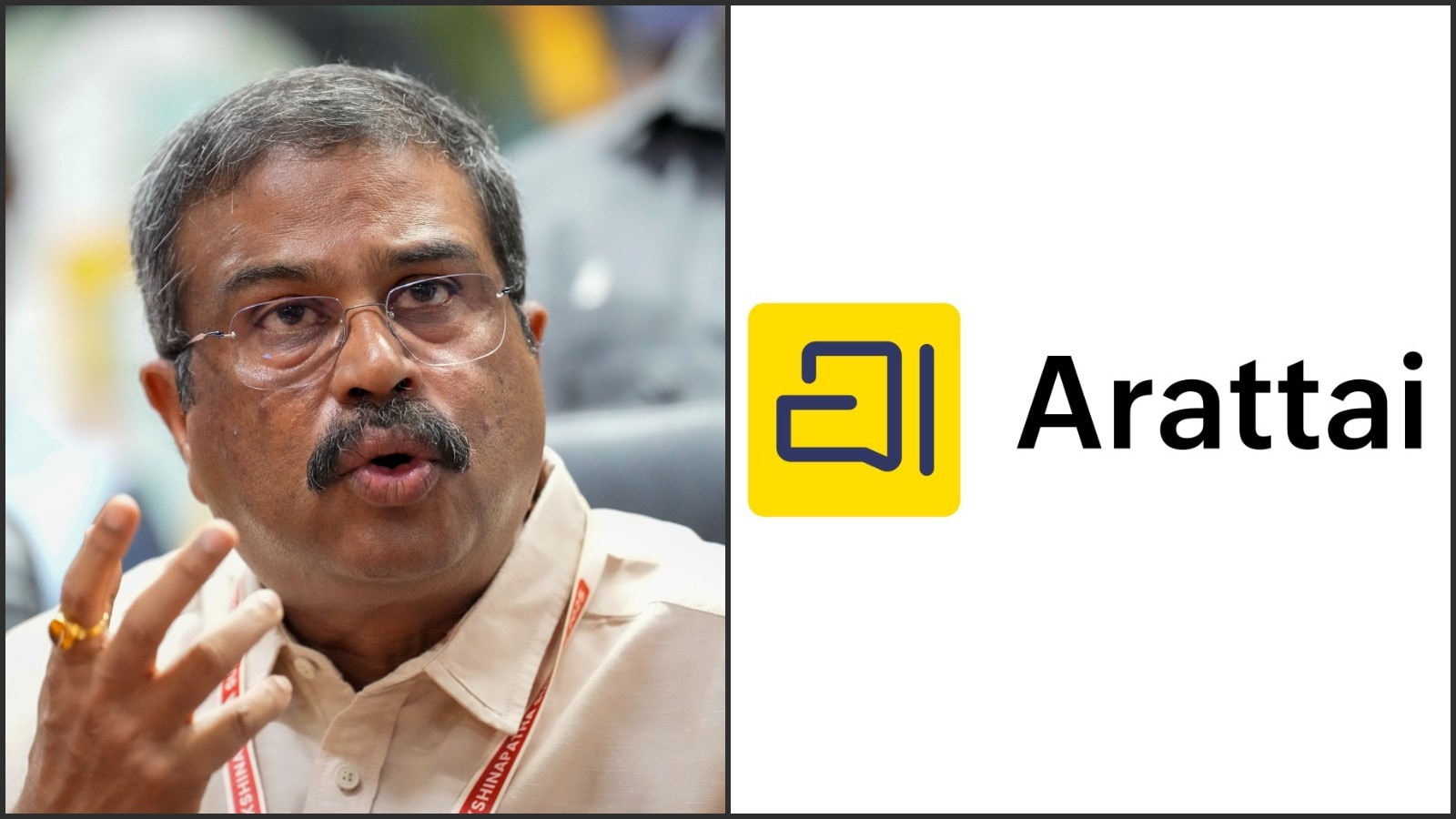
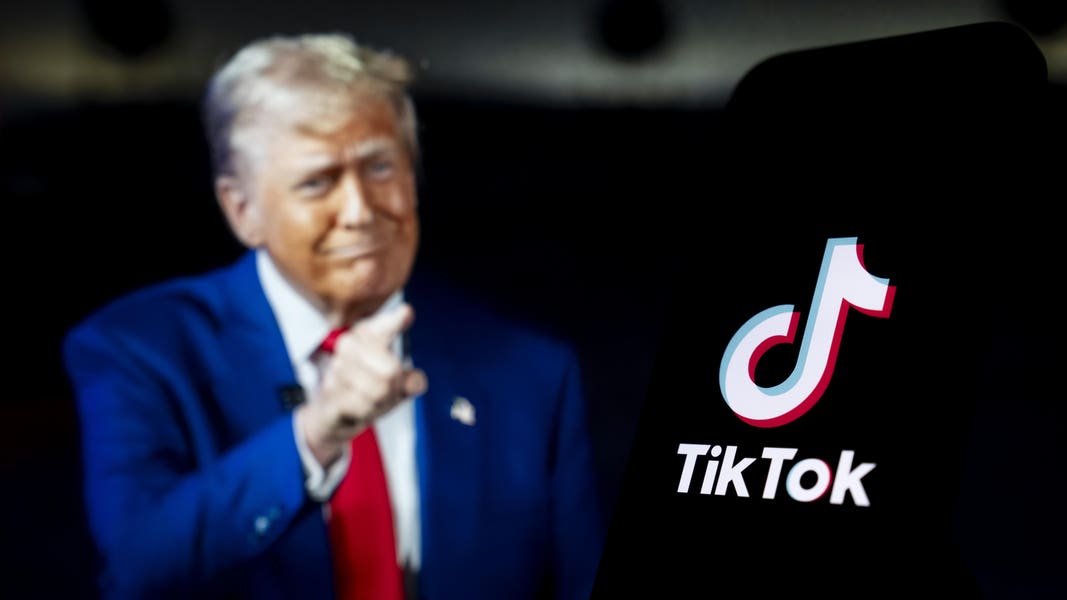
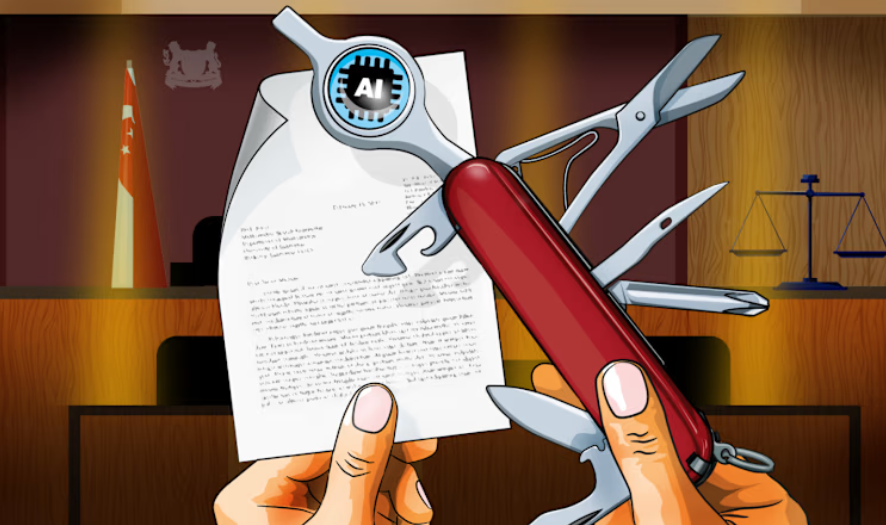

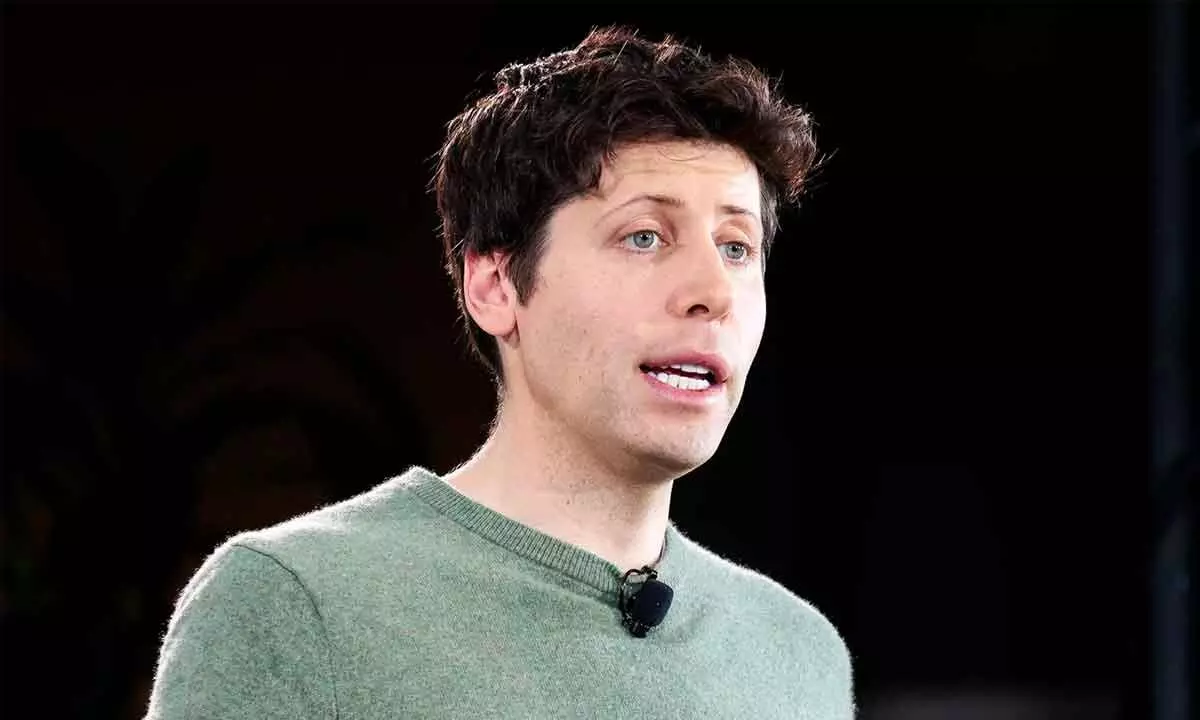

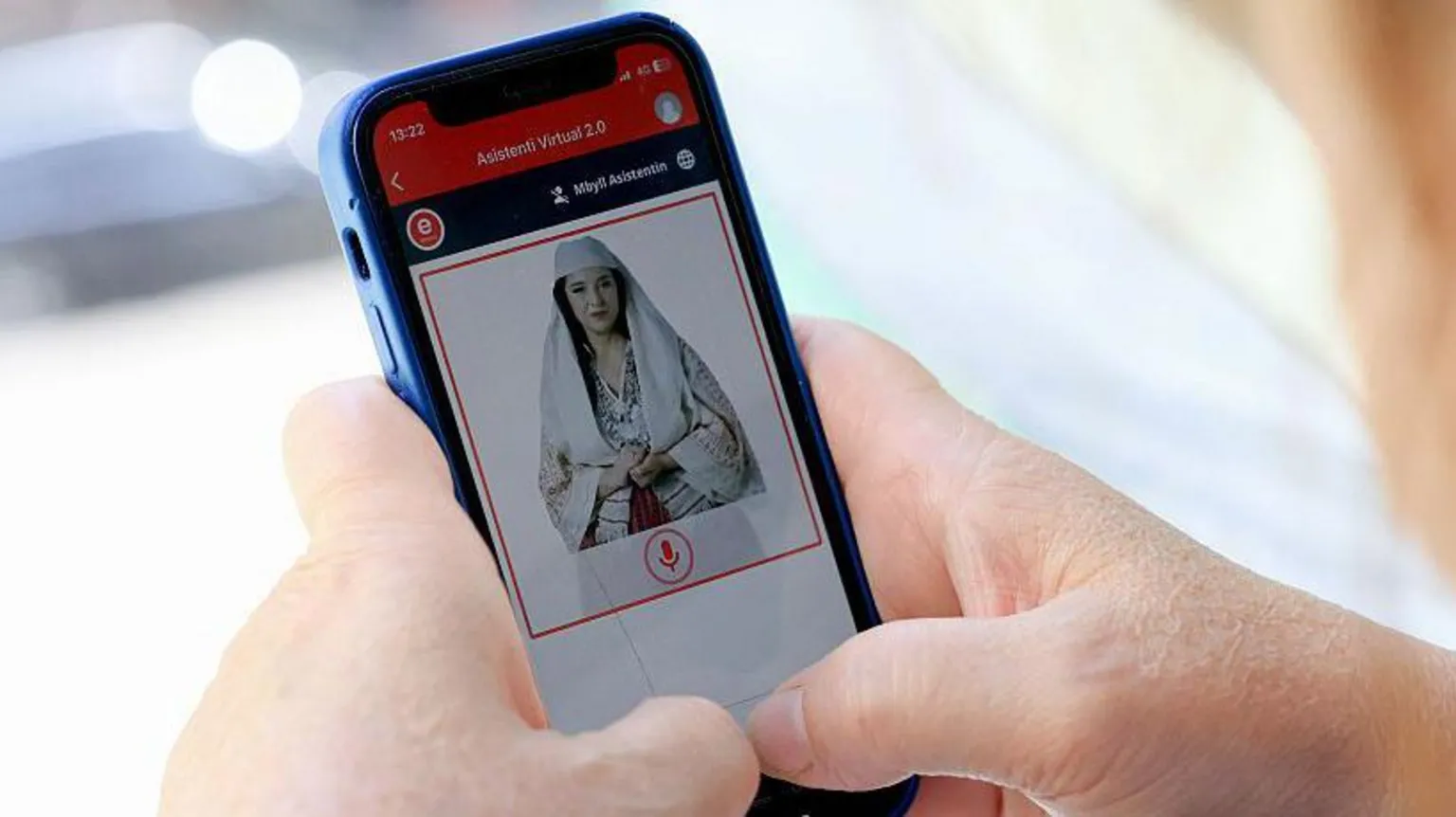


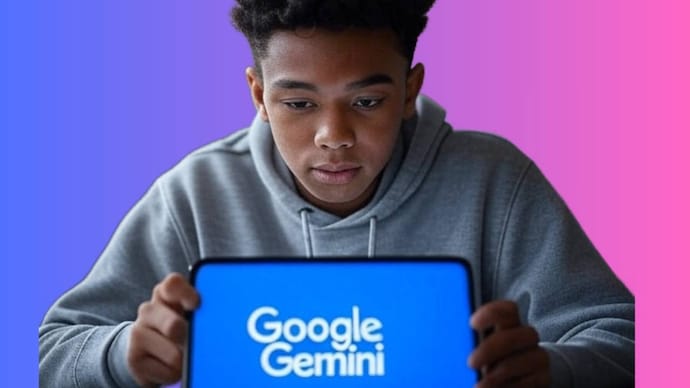
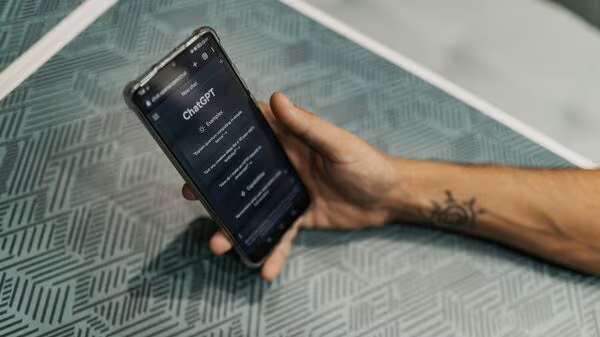
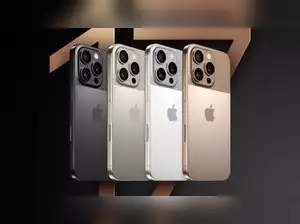
**, we dive into why your electric bill is climbing and what can be done. ### Why Are Electricity Prices Rising? Electricity costs are soaring across the United States. According to the U.S. Energy Information Administration (EIA), household electricity prices are expected to jump 13% from 2022 to 2025. In some states, the increase is even steeper. For instance, Maine saw a 36.3% spike, while Connecticut faced an 18.4% rise between May 2024 and May 2025. Nationwide, the average household paid 17.47 cents per kilowatt-hour in May 2025, up from 16.41 cents a year earlier—a 6.5% increase. So, what’s driving these hikes? First, there’s a massive surge in electricity demand. More people are using air conditioners during hotter summers. Electric vehicles and heat pumps are also becoming popular. However, the biggest culprit is the rapid growth of AI-powered data centers. These facilities, run by tech giants like Amazon, Google, and Microsoft, use as much electricity as small cities. A single AI search, like one on ChatGPT, consumes 10 times more power than a regular Google search. Additionally, natural gas prices, a key fuel for power plants, have climbed. The aging US power grid also struggles to keep up. Many transmission lines and power plants date back to the post-World War II era. As a result, utilities are spending billions to upgrade infrastructure, and those costs are passed on to consumers. > **Data Highlight: Electricity Price Trends (2022-2025)** > Source: U.S. Energy Information Administration > - **2022**: 14.96 cents per kWh > - **2023**: 15.87 cents per kWh > - **2024**: 16.41 cents per kWh > - **2025 (May)**: 17.47 cents per kWh > *Note*: Some states like Maine (+36.3%) and Connecticut (+18.4%) saw sharper increases. ```chartjs { "type": "line", "data": { "labels": ["2022", "2023", "2024", "2025 (May)"], "datasets": [{ "label": "Average US Electricity Price (cents per kWh)", "data": [14.96, 15.87, 16.41, 17.47], "borderColor": "#007bff", "backgroundColor": "rgba(0, 123, 255, 0.2)", "fill": true }] }, "options": { "responsive": true, "maintainAspectRatio": false, "scales": { "y": { "beginAtZero": false, "title": { "display": true, "text": "Price (cents per kWh)" } }, "x": { "title": { "display": true, "text": "Year" } } } } } ``` ### The AI Power Problem The AI boom is transforming how we live, work, and search online. But it comes at a cost. Data centers that power AI tools are sprouting up fast. Between 2021 and 2024, the number of US data centers doubled. By 2030, they could consume 5% to 9% of the nation’s electricity, according to the Electric Power Research Institute. This is a big jump from just 4% in 2022. For example, PJM Interconnection, which serves 67 million people across 13 states, reported a massive spike in demand. In 2024, its capacity auction prices jumped 833%, with data centers driving nearly 70% of the increase. This led to higher bills for households in states like Pennsylvania, New Jersey, and Ohio. In Columbus, Ohio, typical electric bills rose by $27 a month in 2025. Moreover, AI tasks are energy hogs. Generating a single high-definition AI image uses as much power as charging a smartphone halfway. As more people use AI for work or fun, the strain on the grid grows. Tech companies are racing to build bigger data centers, but the power supply isn’t keeping up. This mismatch is pushing prices higher. > **Image**: An Amazon Web Services data center in Boardman, Oregon, August 2024. (Source: Jenny Kane/AP) > *Caption*: Data centers like this one are driving up electricity demand across the US. ### Other Factors Behind the Price Surge While AI is a major player, it’s not the only reason for rising bills. Natural gas prices have spiked, making it more expensive to generate electricity. Also, the US power grid is old and needs upgrades. The Department of Energy says 70% of transmission lines are nearing the end of their lifespan. Replacing them costs billions, and consumers foot the bill. Extreme weather is another issue. Heat waves and storms are more frequent, forcing utilities to repair or harden the grid. In California, utilities spent $27 billion from 2019 to 2023 on wildfire prevention and insurance. These costs trickle down to customers. Meanwhile, some states are phasing out coal plants, but new renewable energy projects face delays due to permitting issues. For more insights on how energy costs affect households, check out **[AMERICA NEWS WORLD (ANW)](https://america112.com/)** for the latest updates. ### Solutions to Ease the Burden Thankfully, there are ways to tackle rising electricity costs. First, experts suggest speeding up the permitting process for new power plants, especially solar and wind. The International Energy Agency (IEA) predicts that solar and wind could add 110 terawatt-hours of power for data centers by 2030. Streamlining permits could bring these projects online faster. Next, tech companies are stepping up. Google recently signed deals to reduce AI data center power use during peak grid times. Amazon is investing in small modular nuclear reactors to power its operations cleanly. These efforts could lower costs and emissions in the long run. Additionally, hardening the grid can help. In Florida, utilities are using concrete poles and advanced tech to make power lines hurricane-proof. In California, moving lines underground reduces wildfire risks. These upgrades cost money upfront but save on repairs later. Finally, power purchase agreements (PPAs) let data centers buy renewable energy directly. This reduces reliance on fossil fuels and keeps costs down for consumers. Co-locating data centers with solar or wind farms is another smart move. For more on clean energy solutions, visit **[AMERICA NEWS WORLD (ANW)](https://america112.com/)**. > **Data Highlight: Projected Data Center Power Demand** > Source: Electric Power Research Institute > - **2022**: 4% of US electricity consumption > - **2030 (Projected)**: 5% to 9% of US electricity consumption > - **Growth**: Data center energy use could double by 2030. ```chartjs { "type": "bar", "data": { "labels": ["2022", "2030 (Projected)"], "datasets": [{ "label": "Data Center Electricity Consumption (% of US Total)", "data": [4, 7], "backgroundColor": ["#28a745", "#dc3545"], "borderColor": ["#28a745", "#dc3545"], "borderWidth": 1 }] }, "options": { "responsive": true, "maintainAspectRatio": false, "scales": { "y": { "beginAtZero": true, "title": { "display": true, "text": "% of US Electricity" } }, "x": { "title": { "display": true, "text": "Year" } } } } } ``` ### What’s Next for Consumers? Electricity prices may keep rising if demand outpaces supply. The White House warns that AI data centers could push prices up 9-58% by 2030 without new investments. The US needs $1.4 trillion by 2030 to meet growing power needs, according to the White House Council of Economic Advisors. This includes building new power plants and transmission lines. However, not all hope is lost. Renewable energy is getting cheaper. Solar and wind projects are expanding, and nuclear power is making a comeback. For example, Microsoft is reviving Pennsylvania’s Three Mile Island nuclear plant to power its AI tools. These efforts could stabilize prices over time. Consumers can also take action. Using energy-efficient appliances, sealing home leaks, and switching to LED lights can lower bills. ### Global Impact and Local Action The AI-driven power surge isn’t just a US problem—it’s global. Data centers worldwide could consume 3-4% of global power by 2030, up from 1-2% today, according to Goldman Sachs. In Europe, countries like Ireland and Germany are seeing similar price hikes. In Asia, Malaysia’s data centers could account for one-fifth of power demand growth. Locally, communities near data centers face challenges. Noise, water use, and power outages are common complaints. Some states, like Pennsylvania, are pushing back. Governor Josh Shapiro has threatened to pull the state from PJM if costs don’t drop. For more on local energy issues, ### Looking Ahead The AI revolution is exciting, but it’s putting pressure on power grids and wallets. While tech companies and utilities work on solutions, consumers are stuck with higher bills. By investing in clean energy, upgrading grids, and managing demand, the US can balance innovation with affordability. Stay informed with **[AMERICA NEWS WORLD (ANW)](https://america112.com/)** for the latest energy news. For a deeper dive into how AI is reshaping the energy landscape, check out this [CBS News article](https://www.cbsnews.com/news/ai-data-centers-electricity-demand-power-grid-us/) on the growing strain on US power grids.](https://america112.com/wp-content/uploads/2025/08/1198006_3_0818-NPRICES-lines-lede.jpg_standard-1.jpg)







![Smoke rises after Israeli strikes in Beirut's southern suburbs, on March 2 [Mohamad Azakir/Reuters]](https://america112.com/wp-content/uploads/2026/03/hgh.webp)